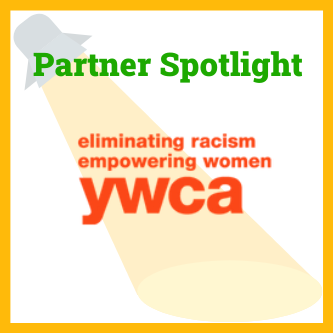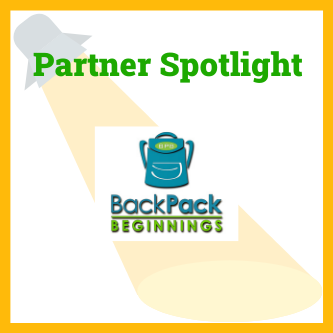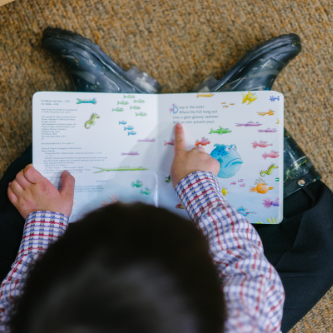By Stephanie Skordas, Director of Marketing and Communications
Parent leaders held a Town Hall meeting on April 24 to ask families how our community could offer more support. The Town Hall was facilitated by Guilford Parent Leader Network members who have graduated from Community Organizing and Family Issues (COFI) Phase II training. They began the process with a survey that ran from December 2021 through March 2022, asking members of the community about their needs as parents.
“The Town Hall meeting was amazing,” said Katina Allen, one of the facilitators. “We heard people voice their opinions, got some great points across, and received great feedback.”
During the virtual Town Hall, the 20 participants met together via Zoom and discussed the survey results. “After talking about the community findings, they decided to focus on affordable housing, affordable child care, and living wages and benefits,” said Yuri Alston, family engagement coordinator at Ready for School, Ready for Life (Ready Ready). “Breakout rooms on each topic allowed the attendees to talk about their experiences, brainstorm solutions, and determine next steps.”
One item that grabbed a lot of interest was affordable child care, especially exploring the idea of a pop-up child care center for working parents in a community. “I have an eight-month-old and a middle schooler, and finding high-quality child care that working parents can afford for infant care and after-school care is challenging,” Allen said. “If we had a location for children in our community for teacher workdays or snow days, that would allow parents who have to be at work to know their children are in a safe place.”
By the end of the event, the group decided to explore each topic more completely for the next month and report back on the findings, such as regulations around child care, advocacy for living wages, and ways to connect around affordable housing.
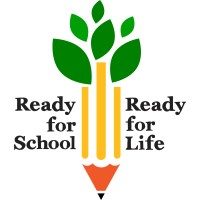


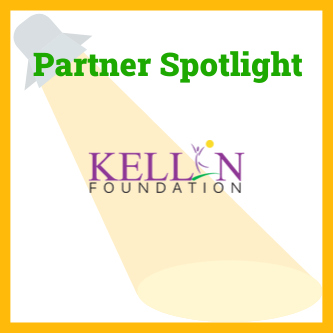
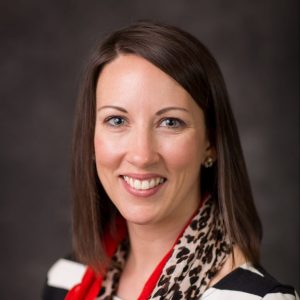 “I served as a volunteer on the very first steering committee, through the Early Literacy Design Team, and the 100-day challenge,” LeFaivre said. “At the time, I was the community vice president of the Junior League, and it made sense to join the committee. Then I just fell in love with the work and kept showing up.”
“I served as a volunteer on the very first steering committee, through the Early Literacy Design Team, and the 100-day challenge,” LeFaivre said. “At the time, I was the community vice president of the Junior League, and it made sense to join the committee. Then I just fell in love with the work and kept showing up.”
